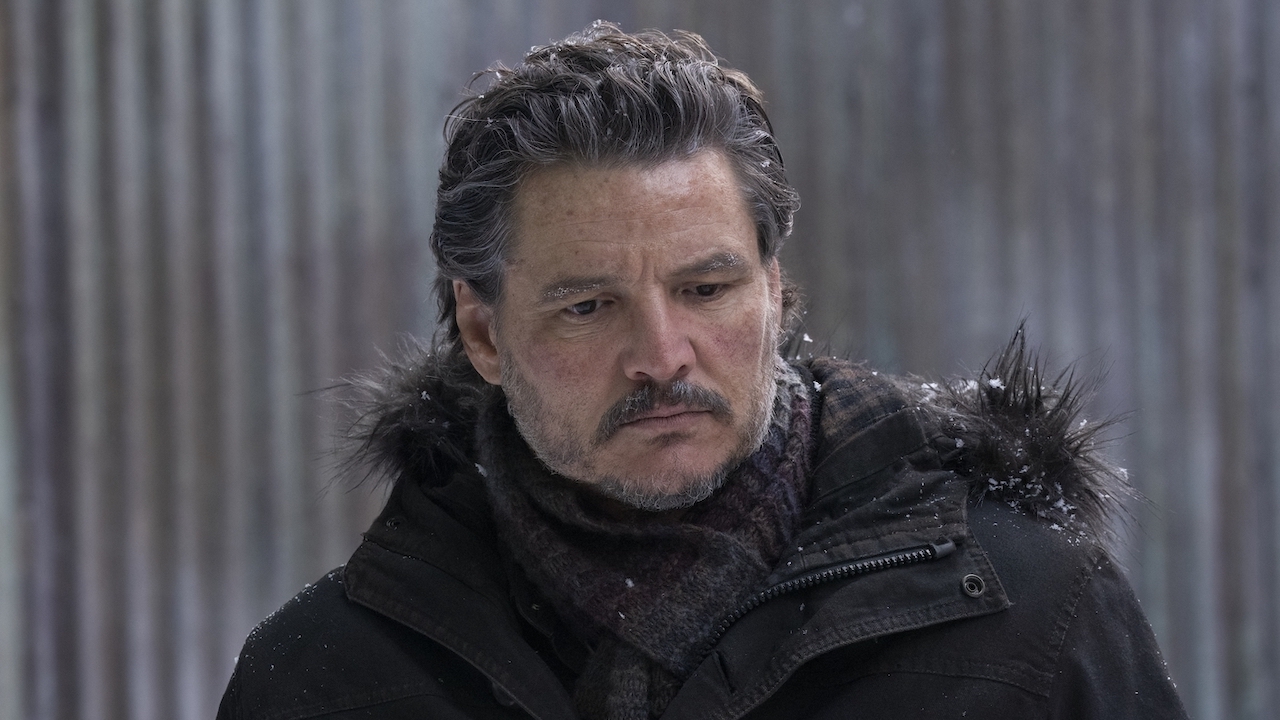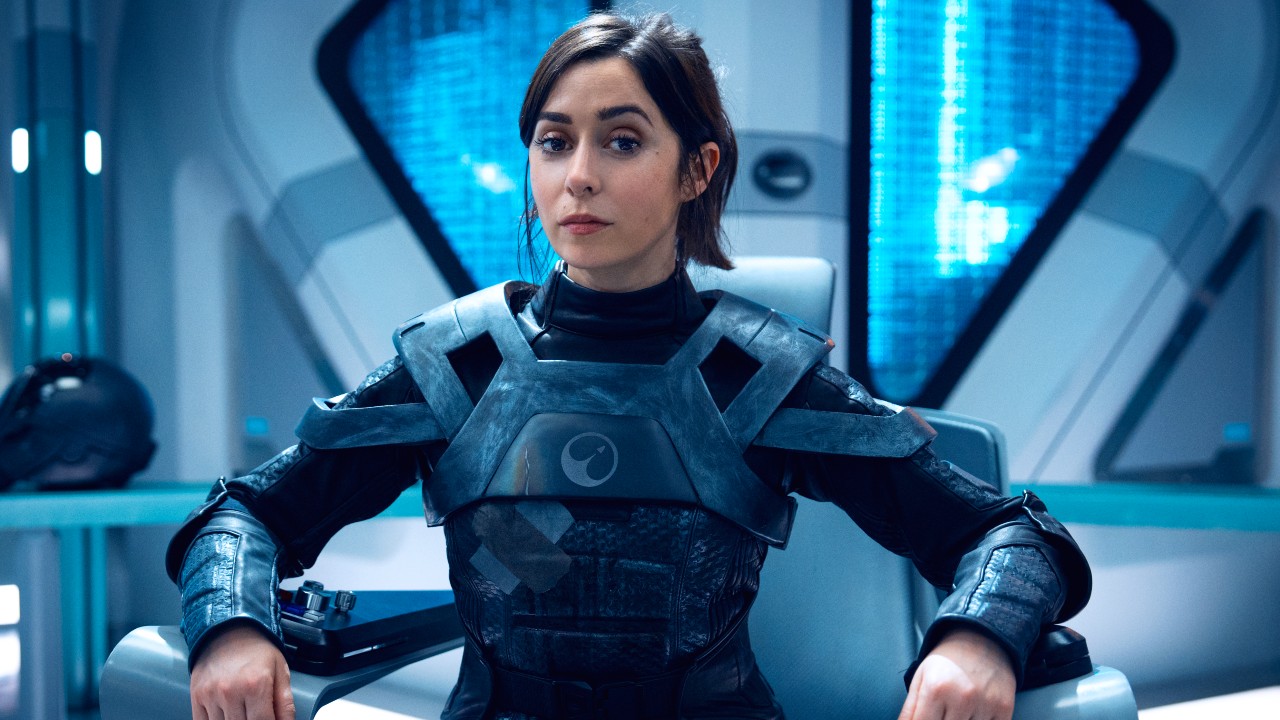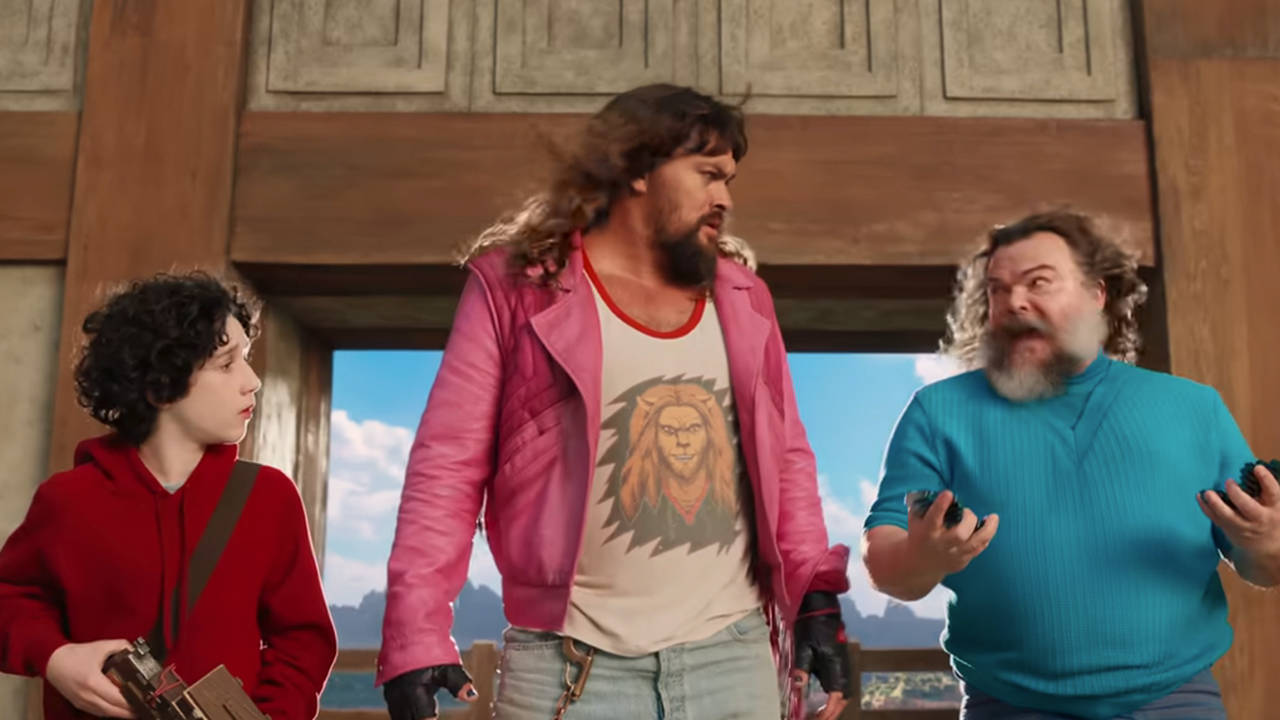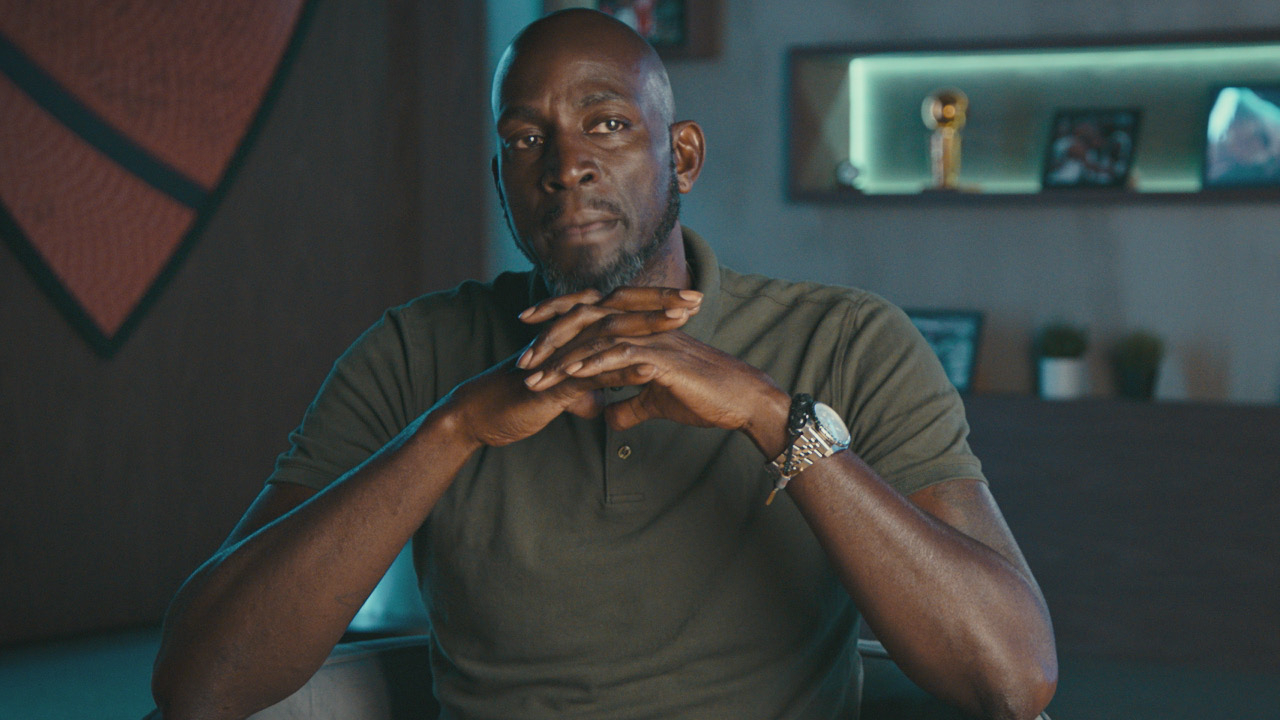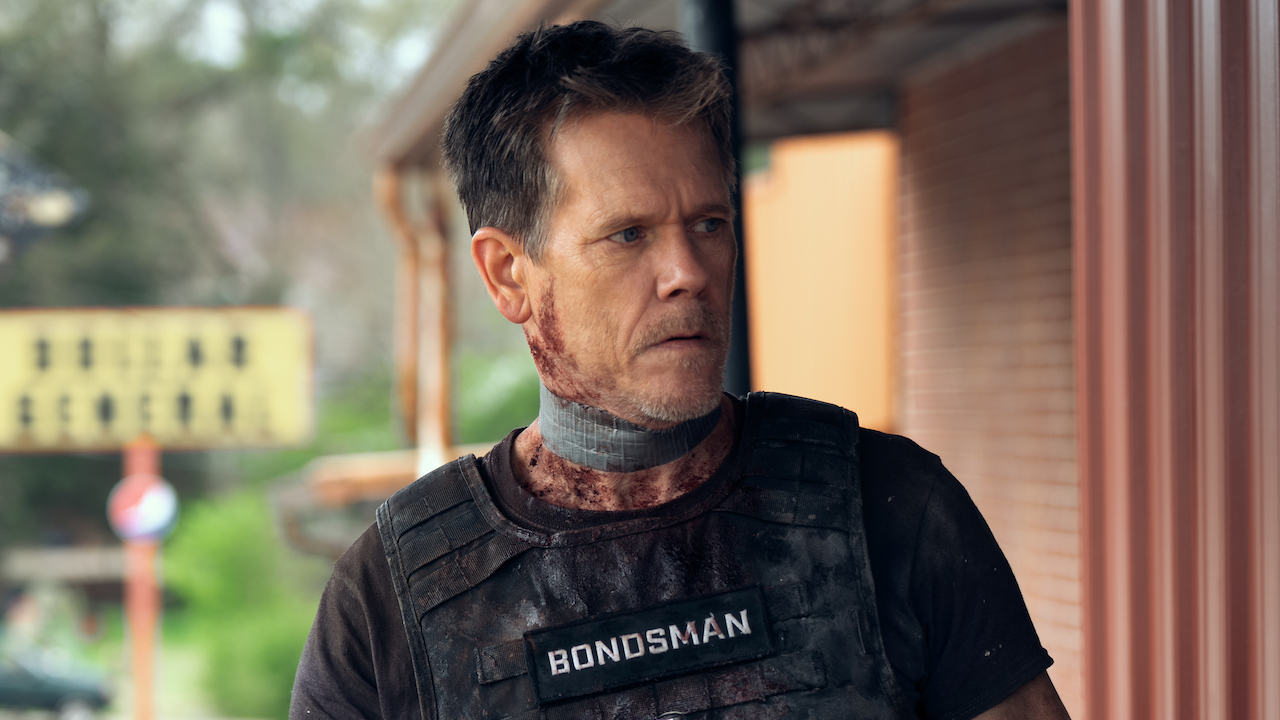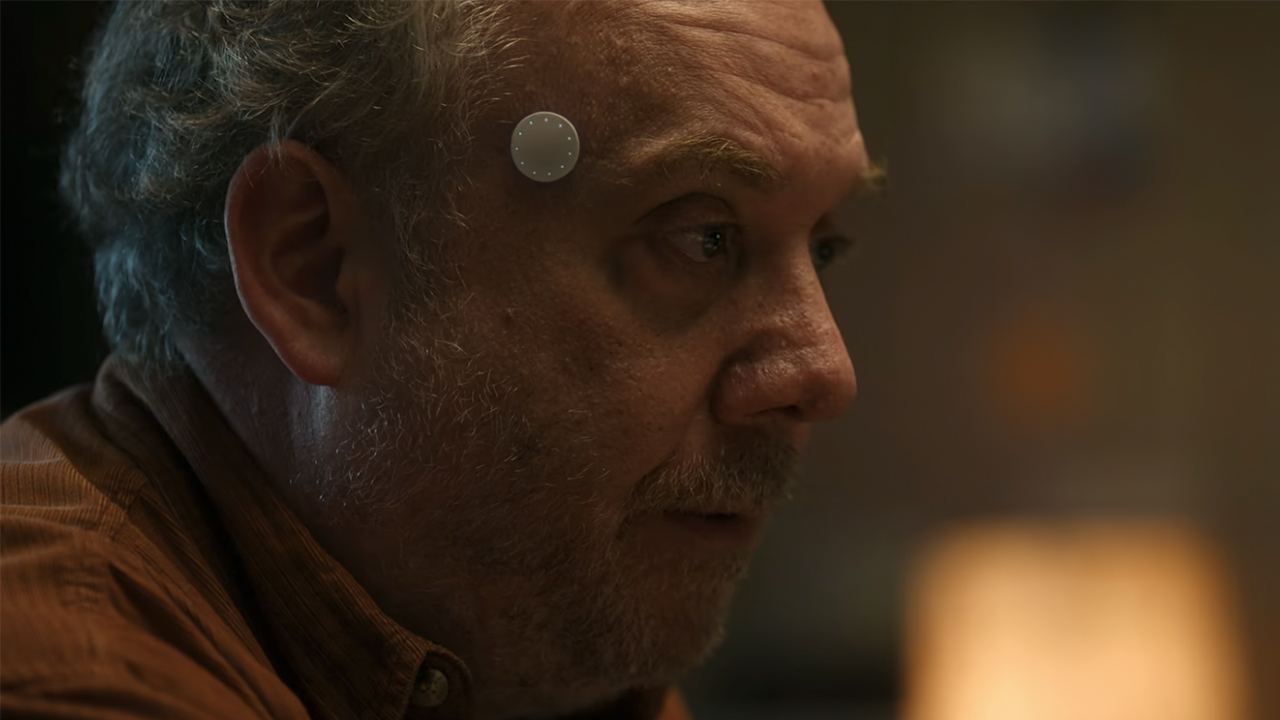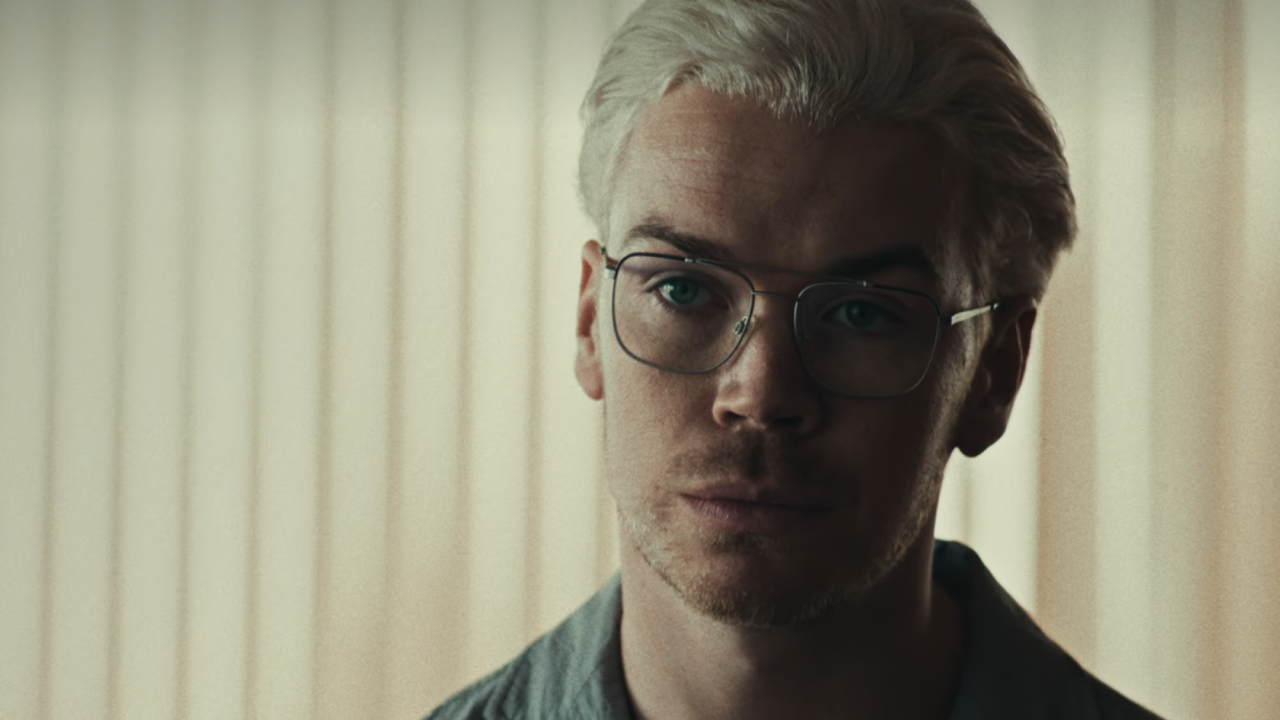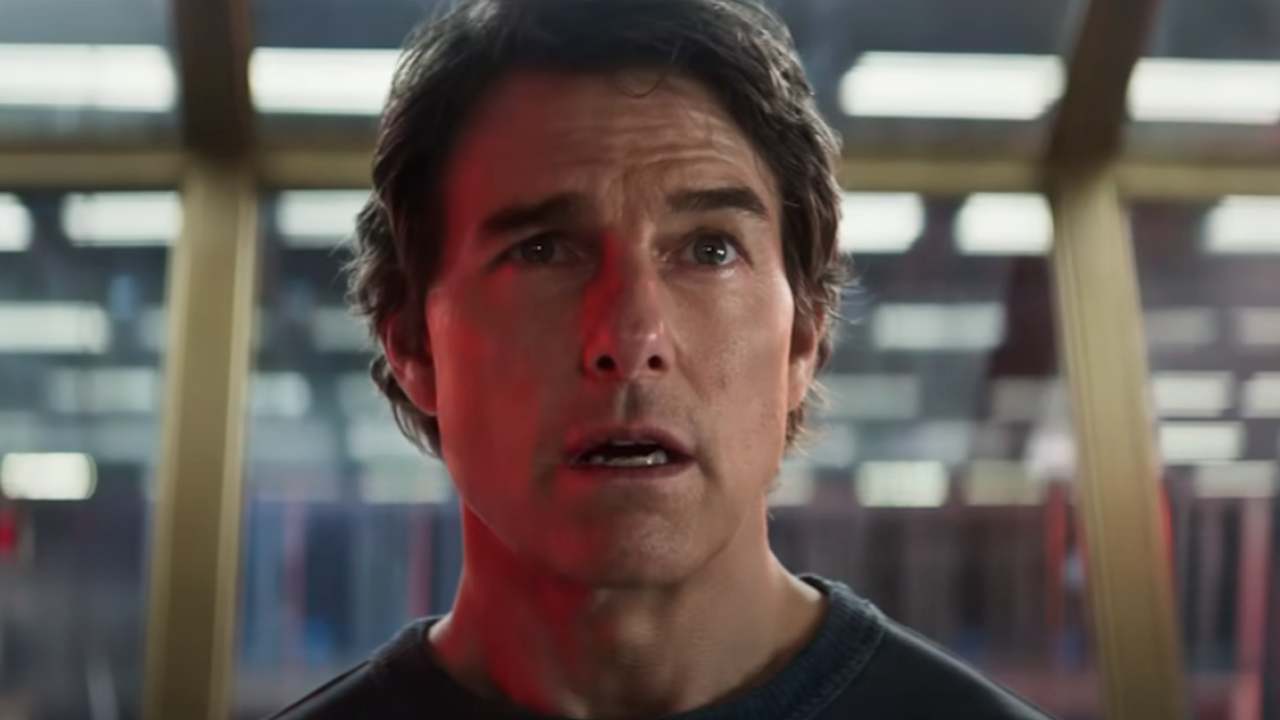5 Things David Lynch's Dune Does Better Than People Give It Credit For
David Lynch's Dune gets a lot of flak, but here are 5 reasons why you should pay some respect to the OG picture.
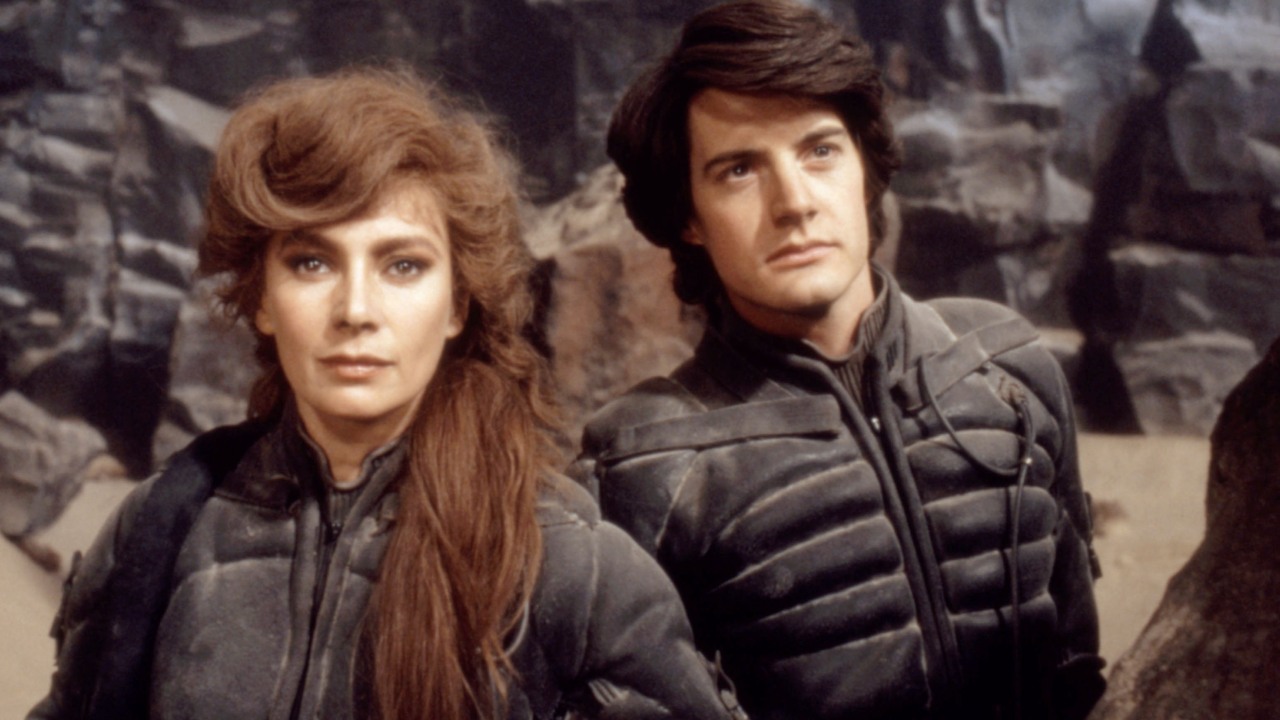
Ever since Denis Villeneuve’s sci-fi epic, Dune, came out—to great success, no less—I’ve heard nothing but people saying how Frank Herbert’s classic first novel in the Dune saga finally has a worthy movie to compliment it. Villeneuve’s choice of splitting the book into two separate films was prudent, and it is evinced by the fact that this is a “good” movie, whereas David Lynch’s Dune (1984) is supposedly a “bad” movie.
All I have to say to that is hold the spice, since David Lynch’s version of Dune is not bad at all. While yes, I will admit that it’s not great (and even the director himself wasn’t too pleased with the final product), I still think a lot of people aren’t giving the OG Dune enough credit where credit is due. So, while I don’t think anybody will confuse 1984’s Dune with any of David Lynch’s best films, I still think that there are 5 things that his Dune does better than people give it credit for. And if you fear my opinion, don’t. “Fear is the mind killer.”
Oh, and spoiler warning for a 37-year-old-film.
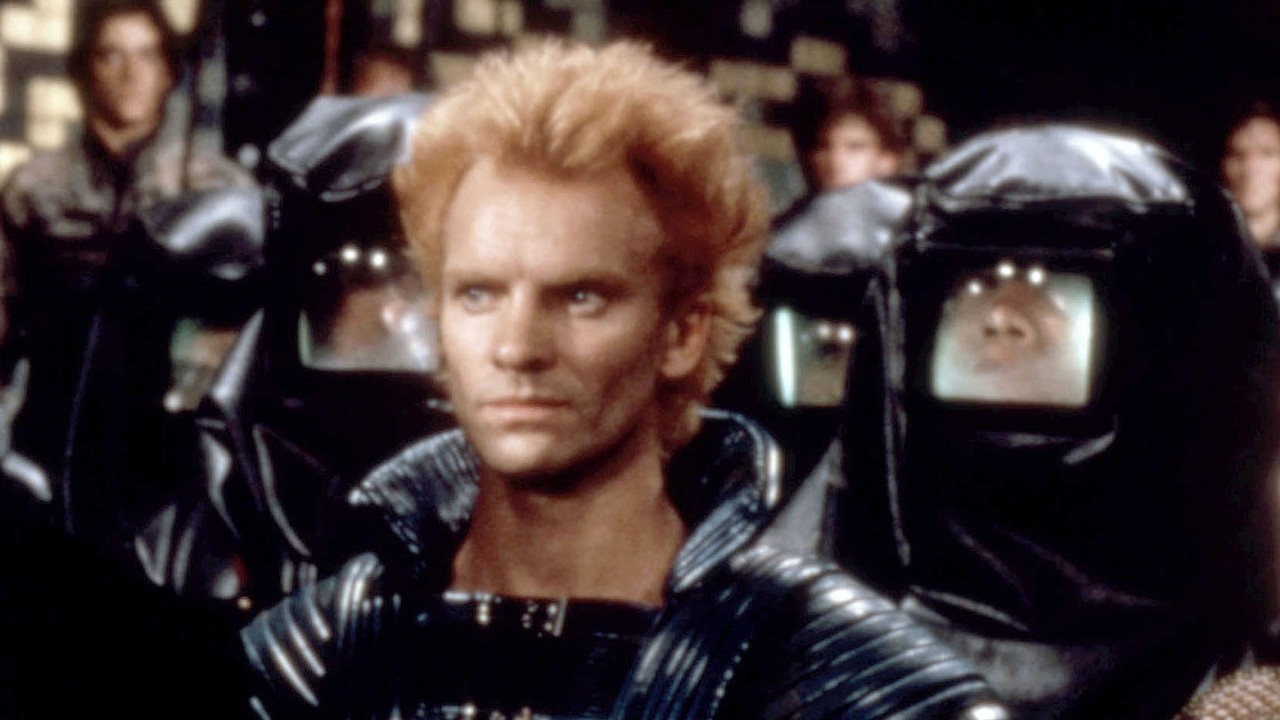
David Lynch's Dune Truly Embraces The Strangeness of the Story
I read Dune back in high school, and originally saw David Lynch’s film shortly after reading the book, and I kind of hated it. Like, what the hell were these “Weirding Modules”? Those weren’t in the book. Why did Baron Harkonnen look like that? Why were there characters I didn’t recognize in the story that I had just read? In every way, I really didn’t like David Lynch’s interpretation of the novel, and, as strange as the book was, I thought Lynch might have applied a bit too much of his sensibilities to the final product, crafting an oddball Star Wars rip-off of sorts.
But after re-watching the movie again recently in preparation for the new movie, I now admire just how odd David Lynch’s version actually is. It’s not like Star Wars at all. I mean it is, aesthetically, but not in its storytelling methods. There’s way too much talking and way too little action to actually be confused with Star Wars. It actually reminds me more of the bizarre state of mind the book put me in when it extensively went over the drug-inducing properties of the spice, or when it went into the Mentats.
David Lynch’s Dune often feels complex and strange, and that’s really how I always pictured the book when I read it all those years ago. Complex and strange. The new movie is probably a closer representation of the grand scope and imagination of the book, but when it comes to the general feeling I got while reading Dune back in high school, David Lynch definitely captured that perfectly.
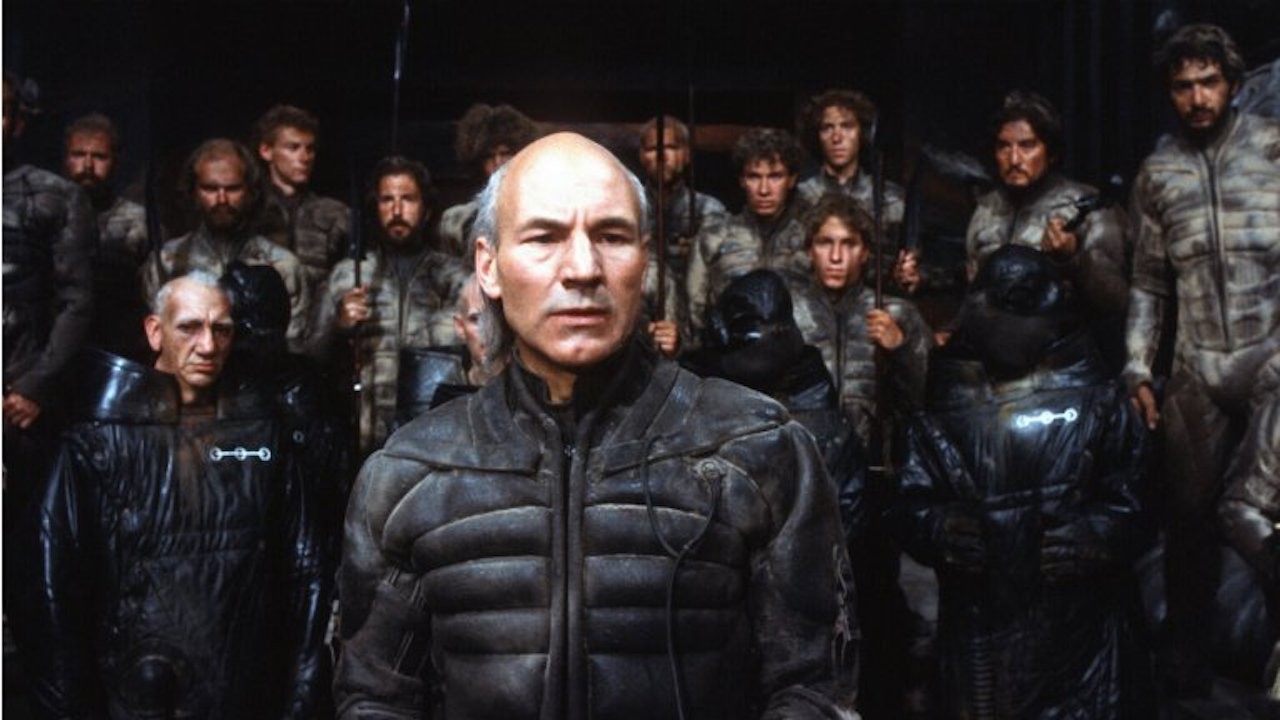
Patrick Stewart Makes For A Great Gurney Halleck
The casting for 1984’s Dune is pretty stellar across the board, even if the characters don’t even remotely resemble their novelistic counterparts. Like Paul Atreides, played by Twin Peaks’ Kyle MacLachlan, was way too old, as was Feyd-Rautha, played by Sting. But even so, all of the actors and actresses do a great job in their performances, even despite some of the massive info dumping they have to spout off in some of their dialogue to fit in as much of the book as possible (More on that in a few).
CINEMABLEND NEWSLETTER
Your Daily Blend of Entertainment News
But the best casting of all has to be Patrick Stewart as Gurney Halleck, who is played by Josh Brolin in the new picture. Stewart’s Gurney has all the sagacious wisdom and badass toughness of his Captain Jean-Luc Picard a few years earlier than he would have on Star Trek: The Next Generation. In a lot of ways, Patrick Stewart is kind of the best thing about 1984’s Dune, and I just wish his character had more screen time and a more fitting end then he is granted in this good, but flawed, film.
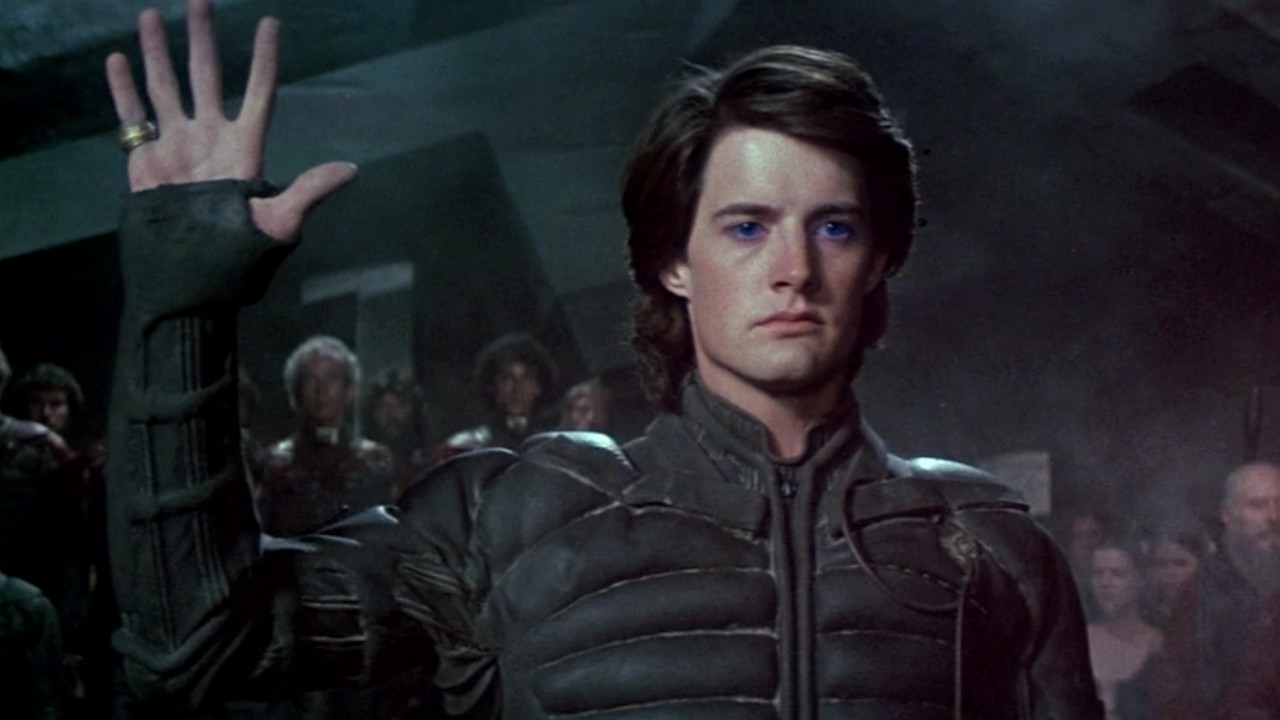
It Includes Key Moments From The Book
Okay, so, here’s where hardcore fans of the book will probably differ with me since I am only a casual Dune fan at best, but the movie does contain most of the key moments that I vividly remember. Yes, there’s probably way too much inner monologuing to try to stuff as much of the narrative into the film as possible. But since this movie is trying its best to tell the entirety of the first novel, many of the biggest moments from the book are in the film, albeit, maybe a little slapdash and rushed.
You have the attempted assassination attempt on Paul, the test of pain, and Paul riding a sandworm. In fact, I would go the length to say that the movie almost expects you to have read the book already to parse out some of the narrative threads that are info dumped along the way. I know the rain at the end of the movie is a problem, and that the third act in general is kind of a mess, but the first two acts are for the most part faithful to the original story, and if you read the book, you’ll see some of those key scenes, ‘80s style.
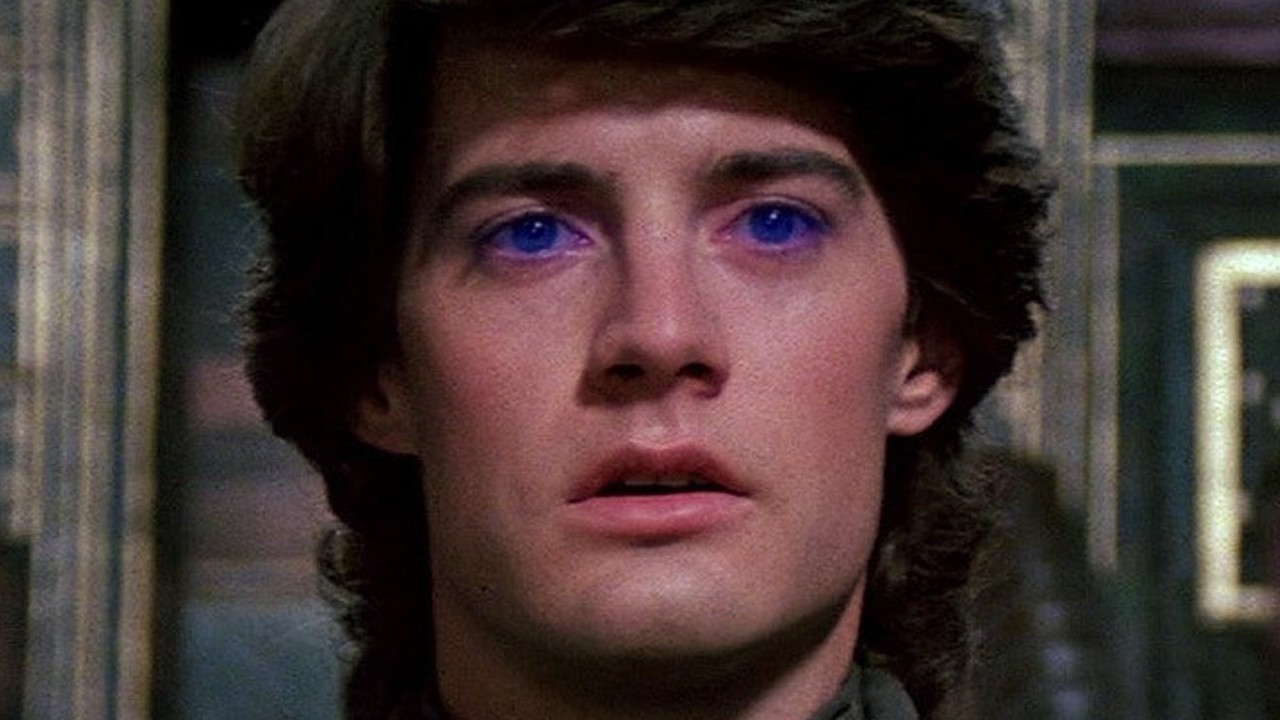
That Toto Soundtrack Is Spectacular
One thing I really love is when bands handle movie soundtracks. Would the original Highlander (Or Flash Gordon) be as cool if Queen hadn’t handled the music? What about Simon and Garfunkel on The Graduate soundtrack? Would Shaft be such a bad mother (shut your mouth! I’m just talkin’ ‘bout the Shaft soundtrack!) if Isaac Hayes hadn’t worked on the music? I’d say no. And I’d say the same thing about the 1984 Dune soundtrack, which has music performed by Toto.
Now, Toto is a really cool band, but their work on the Dune soundtrack is atmospheric, dense, and perfectly fits the overall mood of the film. It has a futuristic vibe that is also distinctly ‘80s. It also sounds very different from any of the hits you’d hear on the radio from the band. In a lot of ways, it kind of reminds me of Johny Greenwood’s work on some of Paul Thomas Anderson’s pictures in that it’s a completely different sound that just works. I don’t think the movie would be nearly as good as it is without that Toto soundtrack.
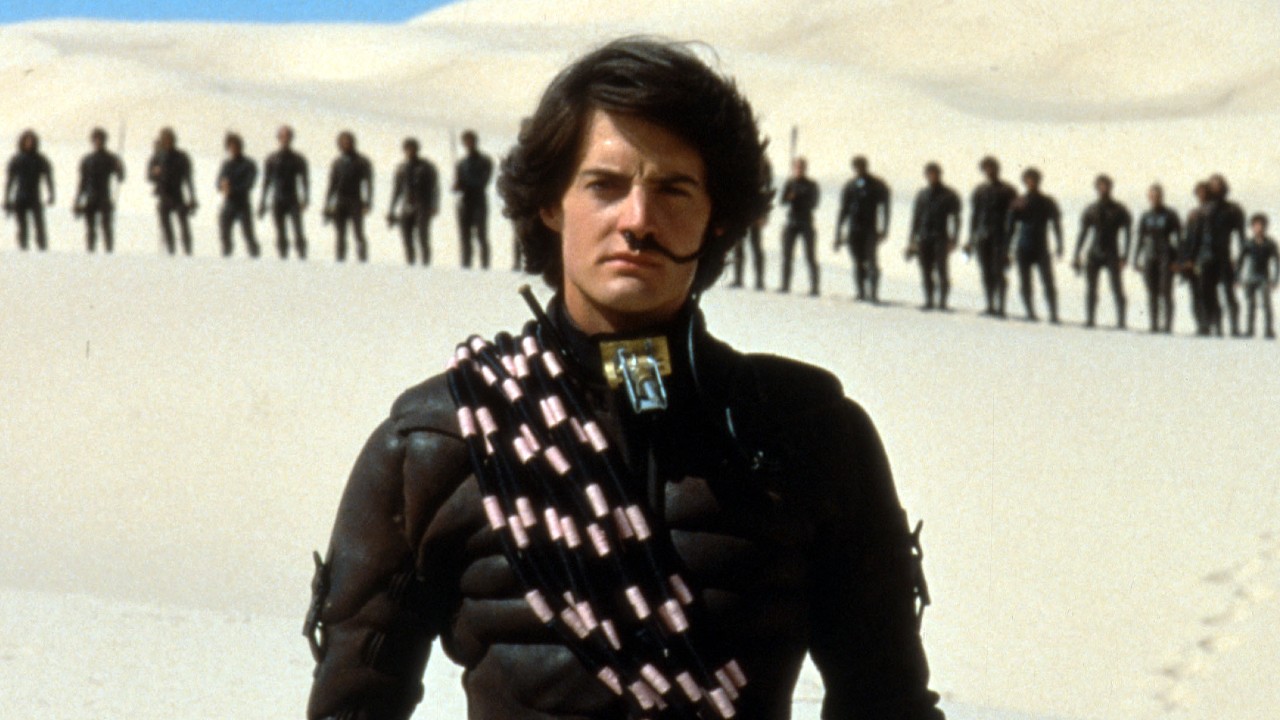
It Really Sticks Out In Lynch's Filmography And Makes It More Versatile
And lastly, this is more if you’re a David Lynch fan, but Dune really sticks out in the famous director’s filmography. And some might say not in a good way. But I really love seeing Dune in his oeuvre. Sure, in a lot of ways, Dune is a swing and a miss. But this is clearly a film by a director who was far outside his comfort zone. In fact, I’d say it sticks out even more than his G-Rated Disney movie, The Straight Story, as Dune is really like nothing else in his catalogue.
And this makes it incredibly special if you ask me. If anything, Dune really showcased that Lynch, who usually just seems like he’s filming his own fever dreams, could attempt something far outside the vein of Eraserhead or even The Elephant Man. Dune is like Stanley Kubrick directing Spartacus, or like Martin Scorsese directing Hugo.
It’s a sci-fi film, which doesn’t really seem like the kind of genre that David Lynch should be dabbling in, but it still feels Lynchian in its design and bizarre scope. It’s not far-flung David Lynch weird, but it’s weird enough to be unique and really stand out. And it’s because of Lynch’s directorial mindset that it has that odd charm. It’s not a cult film for nothing.
And that’s it. Are you one of 1984 Dune’s supporters? Or are you perfectly happy with sticking with the current film? If you’re in the latter camp, I’d implore you to give 1984’s version a chance. But for news on more recent, 2021 movies, make sure to stop by here often.

Rich is a Jersey boy, through and through. He graduated from Rutgers University (Go, R.U.!), and thinks the Garden State is the best state in the country. That said, he’ll take Chicago Deep Dish pizza over a New York slice any day of the week. Don’t hate. When he’s not watching his two kids, he’s usually working on a novel, watching vintage movies, or reading some obscure book.
